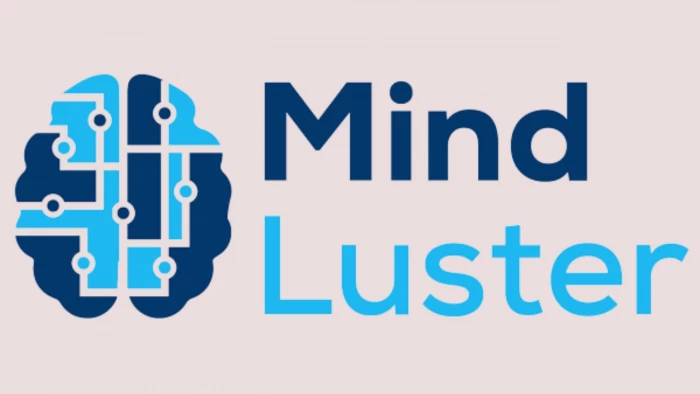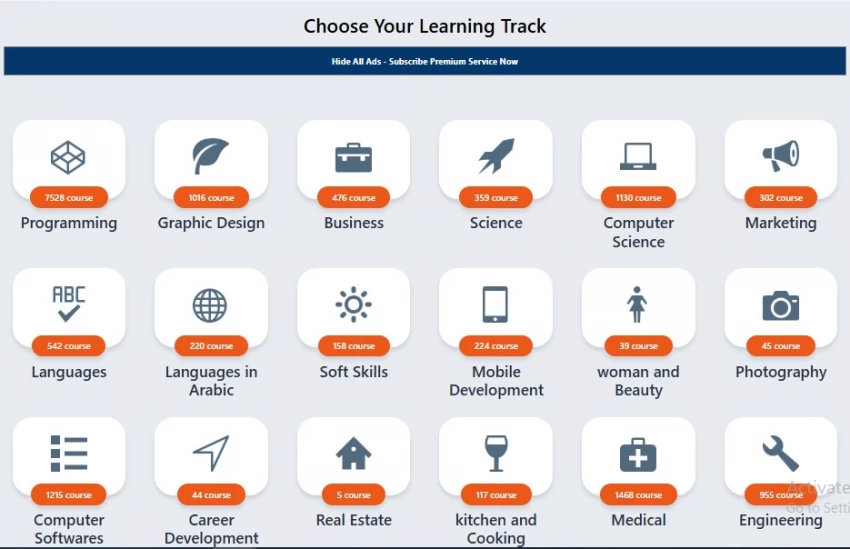

I stumbled upon MindLuster while browsing for free online learning platforms. At first glance, it appeared to be a hidden gem. Thousands of courses across categories like IT, business, arts, languages, and even lifestyle caught my attention. The idea of gaining certificates for free felt exciting, almost too good to be true.
That curiosity pushed me to dig deeper, and soon enough, I enrolled in my first set of MindLuster free Courses.
The interface was simple, though not as polished as Coursera or Udemy. I didn’t need to pay a subscription, which already made it stand out. Each course showed a progress bar, and I only needed to complete around 50% of the lessons to unlock a certificate.
This model encouraged quick completion, but I noticed that some lessons were short video clips rather than structured modules. That made me question how consistent the learning quality really was.
I started with an MS Excel course, which had nearly 94 lessons. The basics were covered well, navigating the interface, formatting, and formulas, but the delivery felt uneven. Some videos were thorough, others rushed.
When I switched to a programming course, I found a similar pattern: useful concepts, but not always in a logical order. For self-motivated learners like me, this wasn’t a deal-breaker. But I knew beginners might find it confusing.
After completing enough of the Excel lessons, I unlocked my certificate. The process was smooth; I didn’t need to pay, and the certificate was downloadable. Holding it felt rewarding, even if I knew its career impact was limited.
That’s where the real question surfaced: what is the true Mind Luster Certificate value?

On paper, the certificates look official. They feature the MindLuster logo, course title, and my name. However, recognition is another matter. When I looked at discussions online, including this Reddit thread, I saw that many learners had the same question: do these certificates really matter to employers?
The consensus was clear: they aren’t industry-recognized like Coursera, Microsoft, or LinkedIn Learning certificates. Instead, they act more as proof of initiative. One Redditor explained that they show you value personal growth, but actual skills demonstrated through projects are far more important.
From my perspective, that’s exactly how I see it now. A Mind Luster Certificate value lies in motivation and habit-building, not direct career recognition.
Would I recommend MindLuster? Yes, but with clear expectations. If you want to explore topics freely, build basic knowledge, and collect certificates that motivate you, it’s fantastic. But if your goal is to boost your resume with recognized credentials, you may need to combine MindLuster learning with more established platforms.
For me, the platform worked as a springboard. I learned the basics of Excel, brushed up on programming, and gained certificates that reminded me I was making progress. But I didn’t rely on them to convince employers. Instead, I treated them as part of my personal learning journey.
MindLuster is best for curious learners who value exploration and free access. The MindLuster free Courses are motivating, and while the MindLuster Certificate value is limited in the job market, it still represents commitment to growth.
Be the first to post comment!